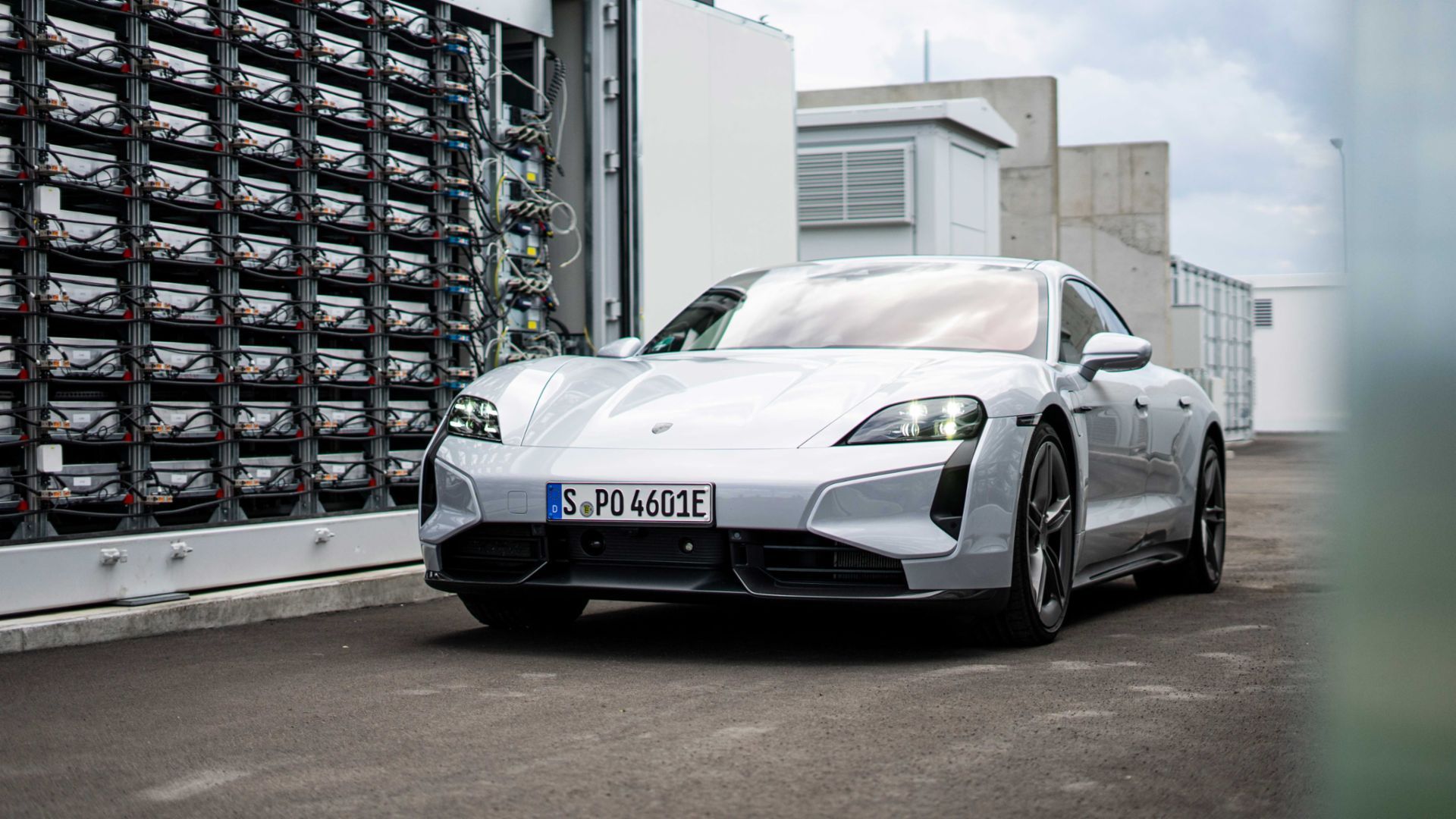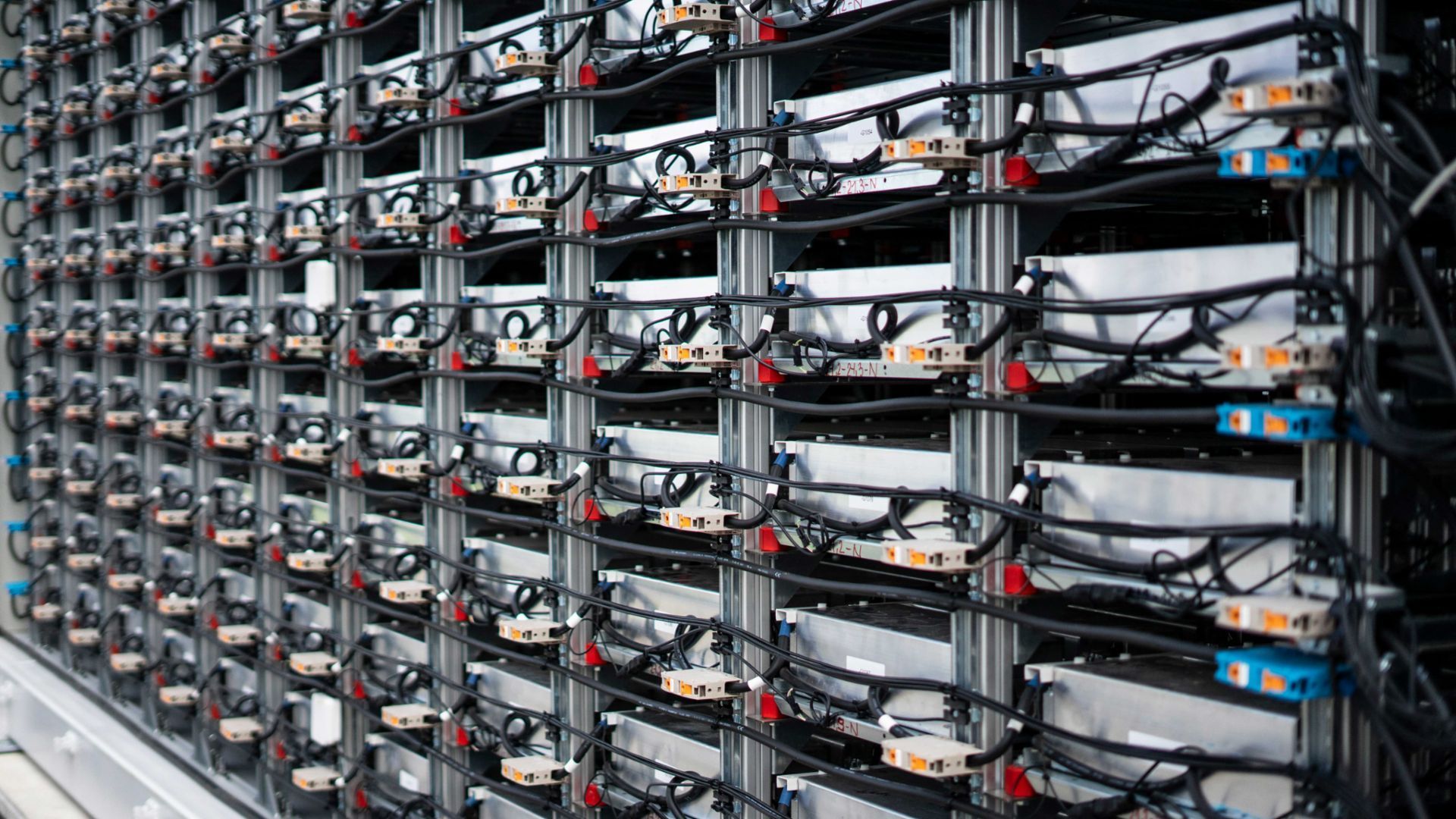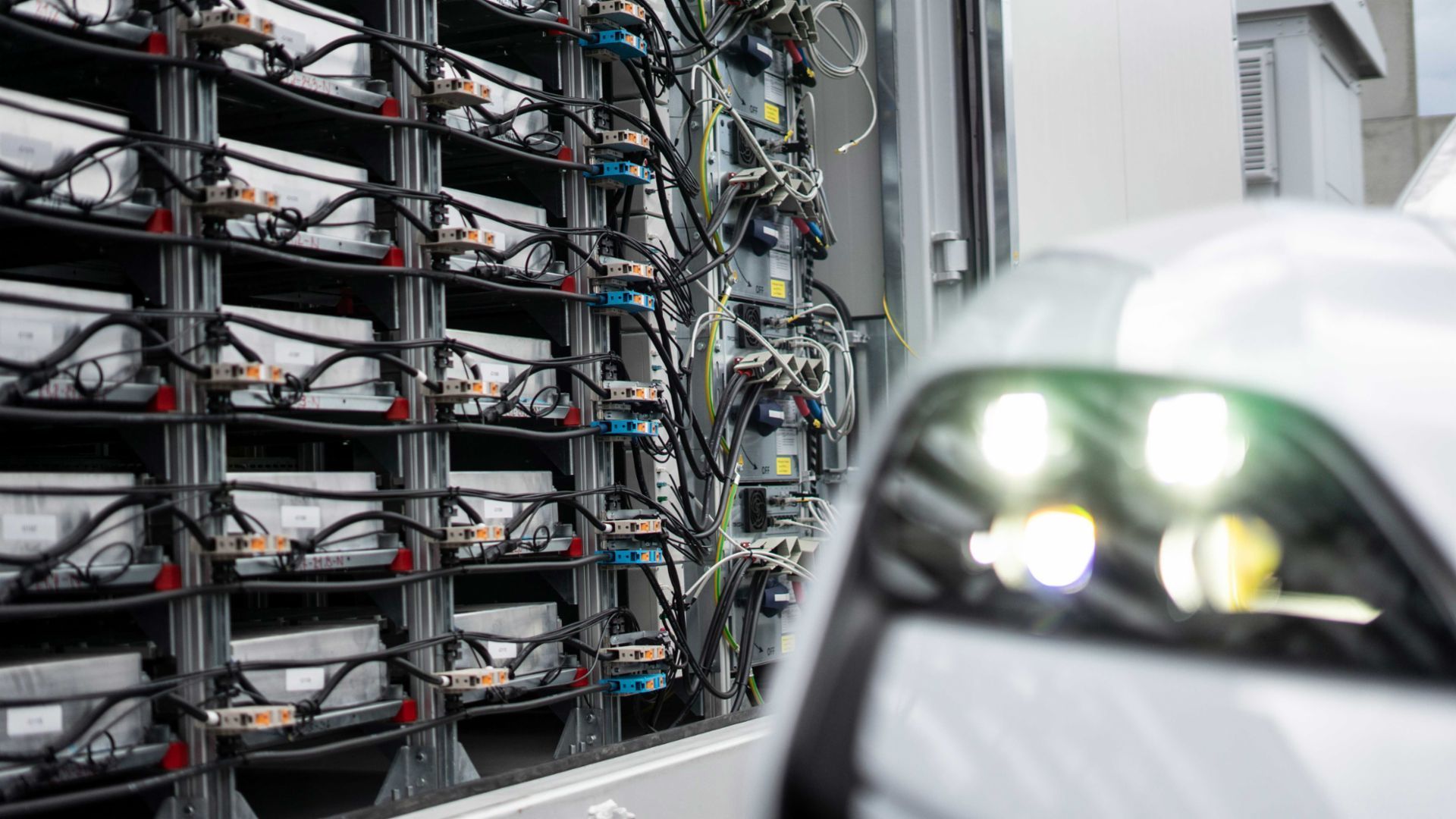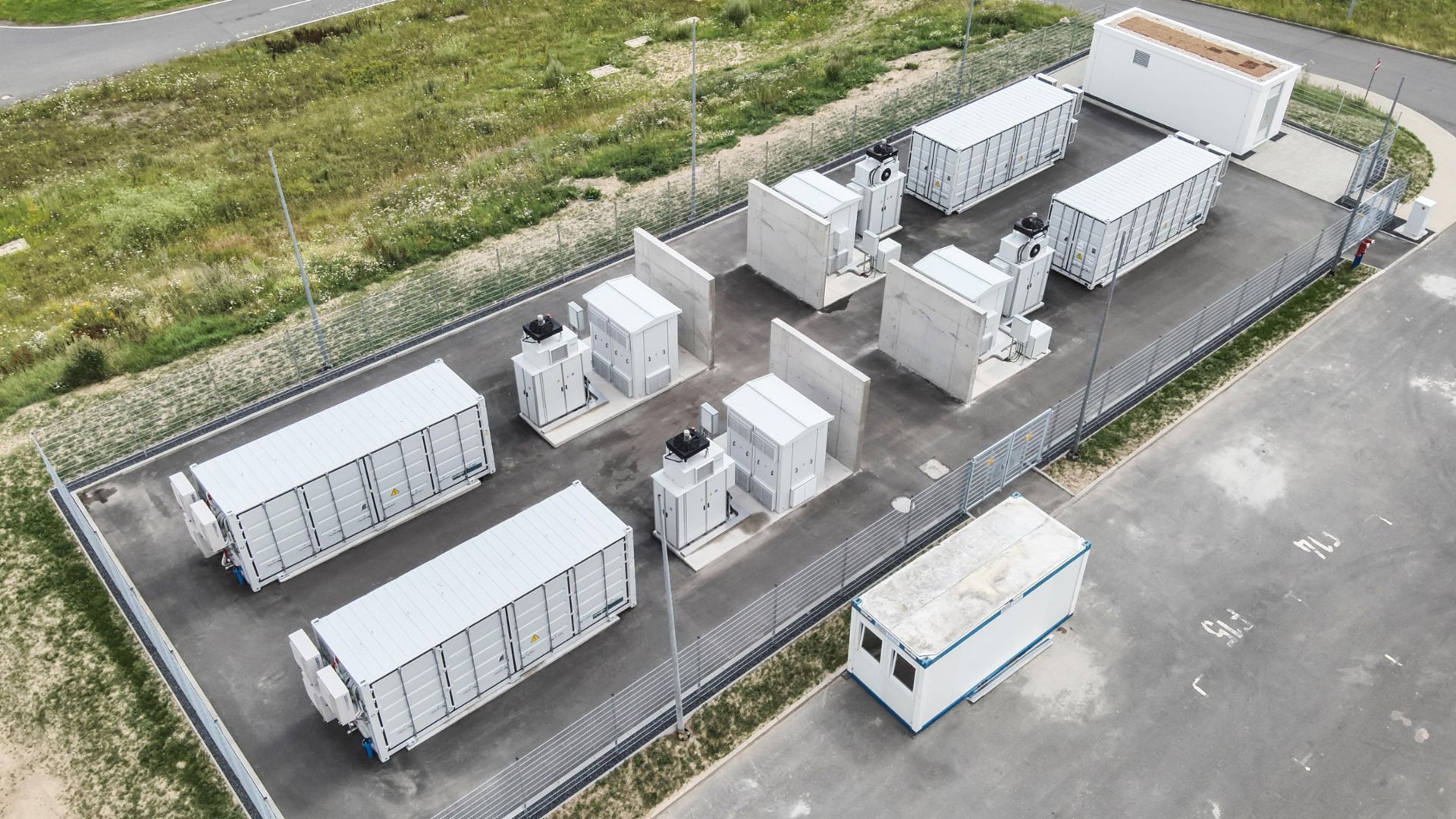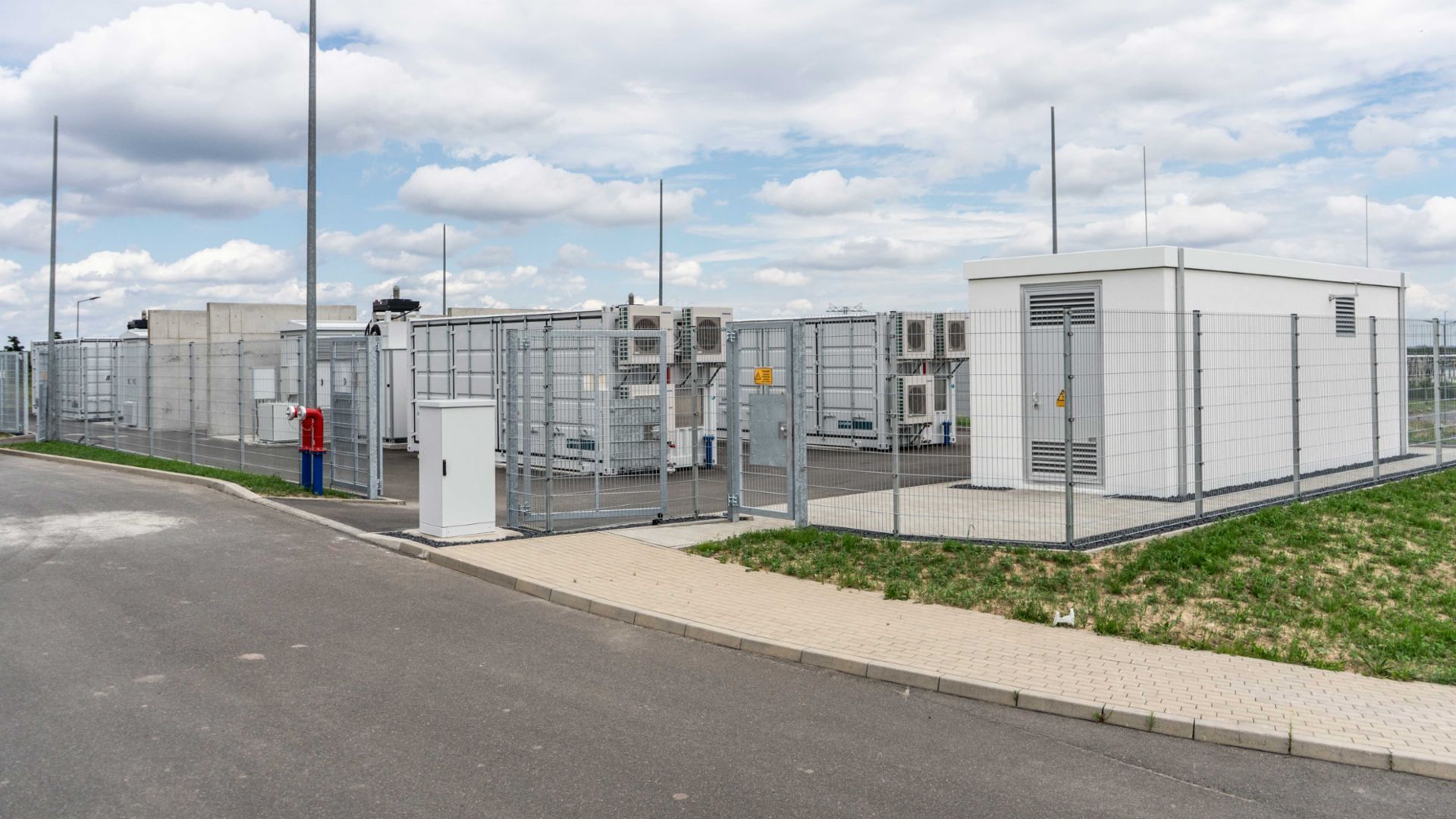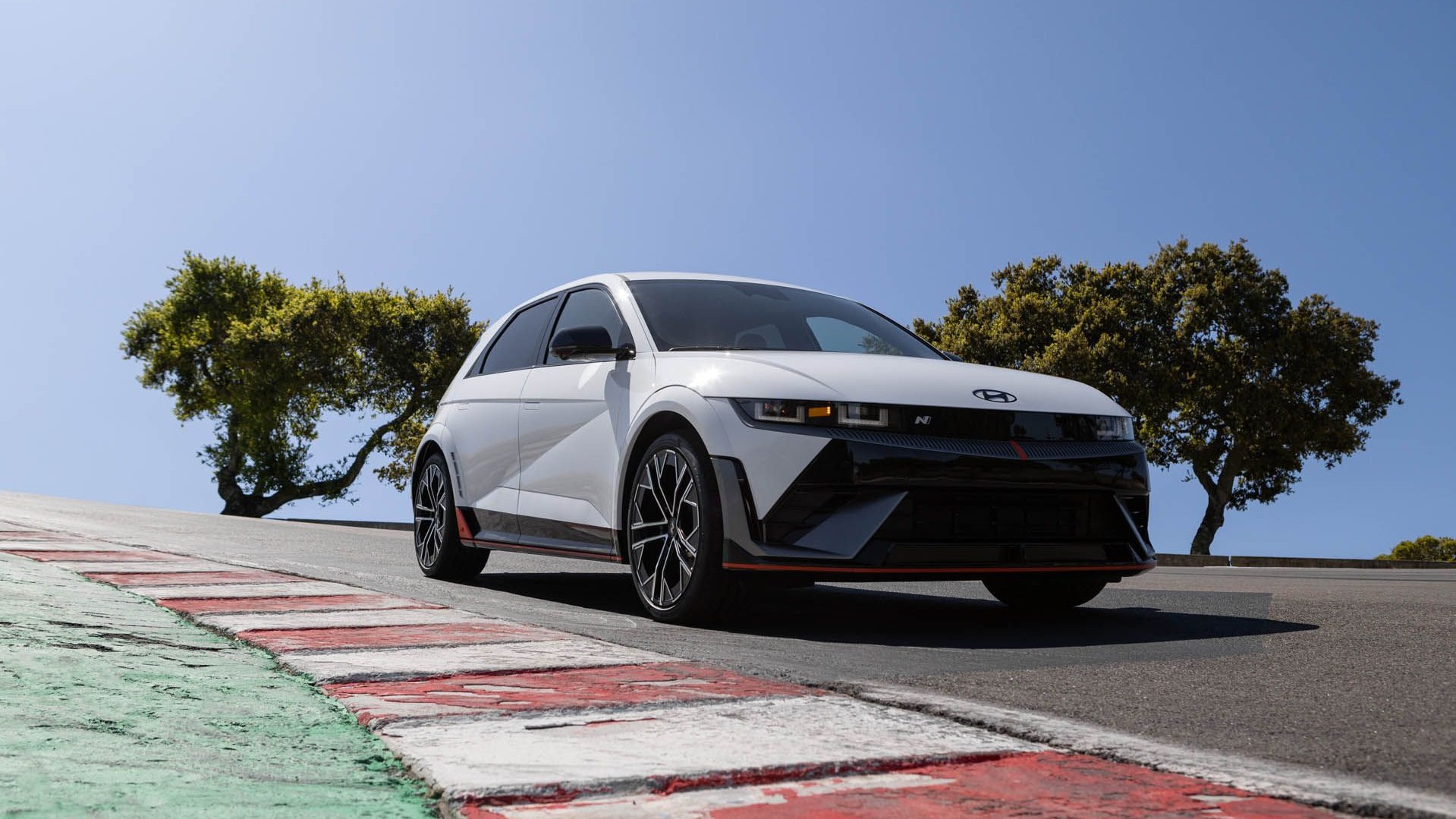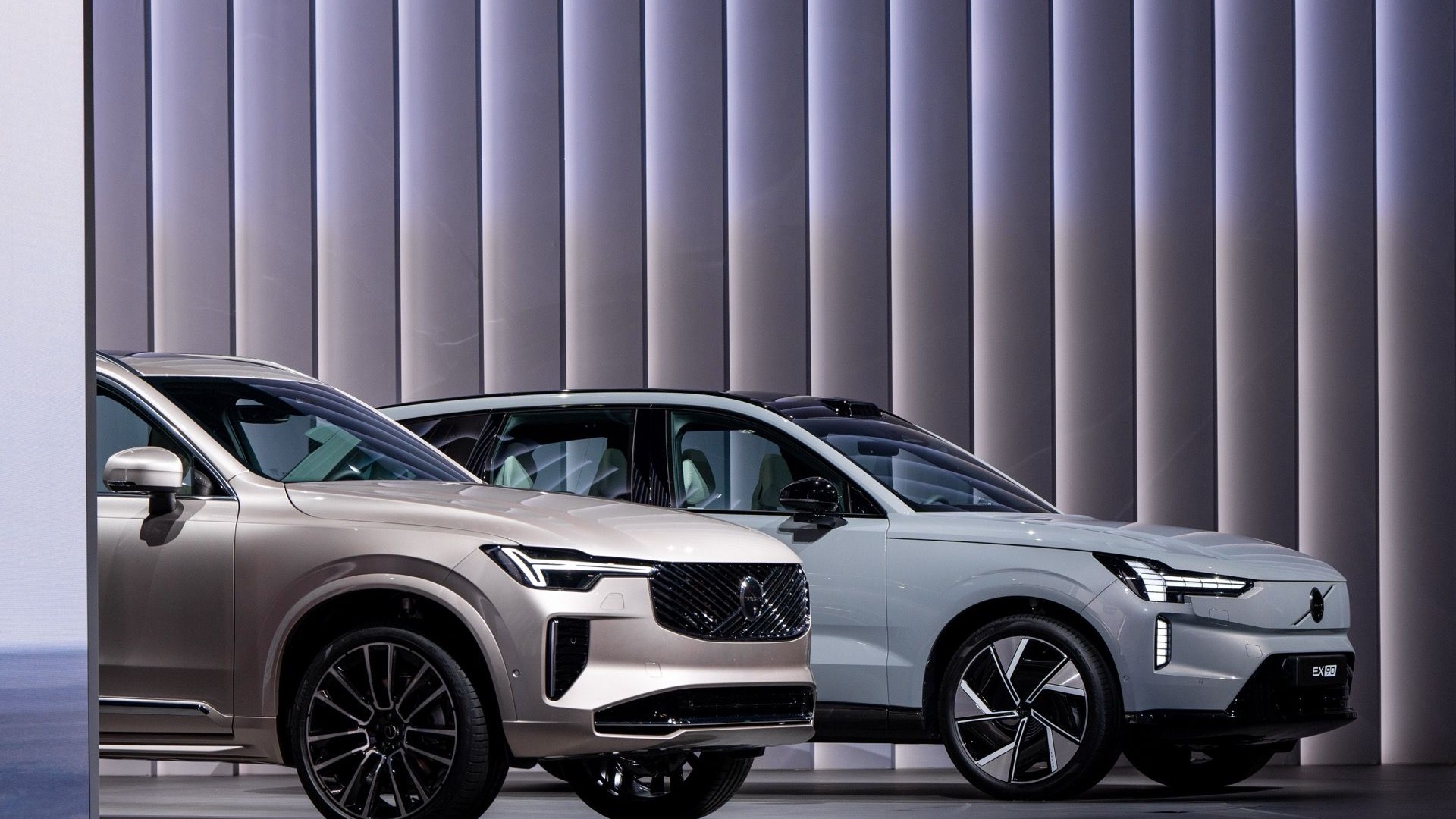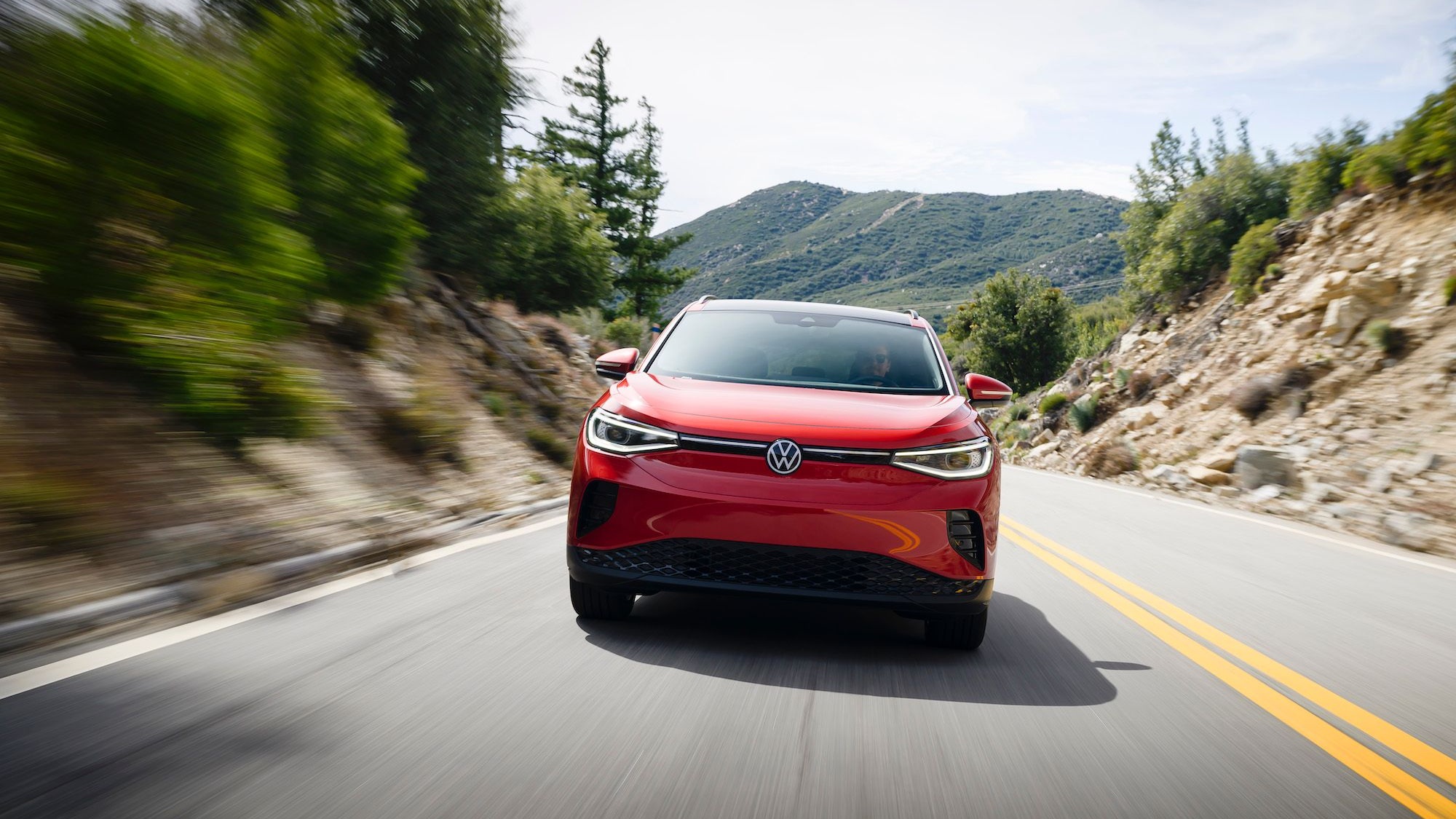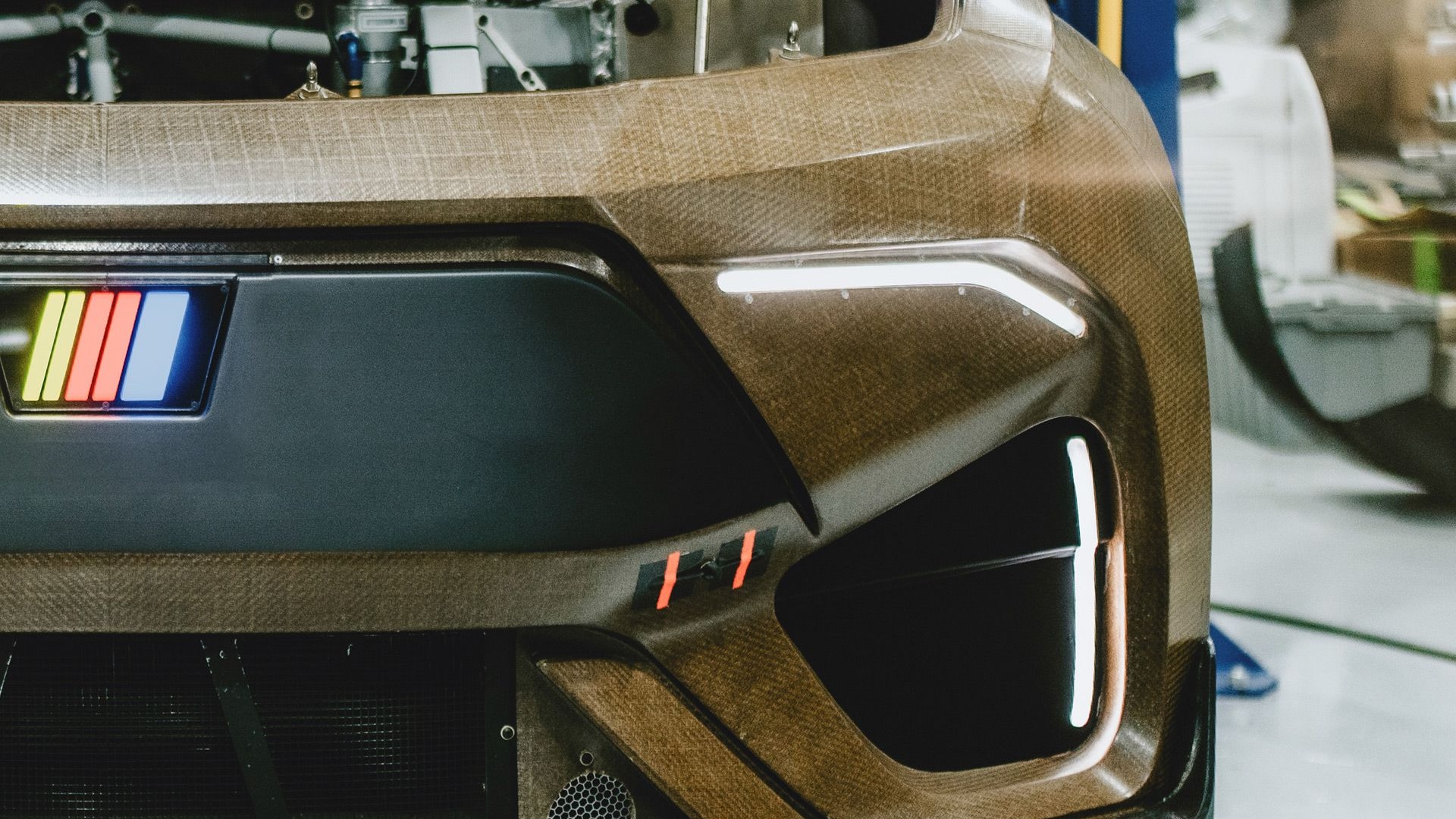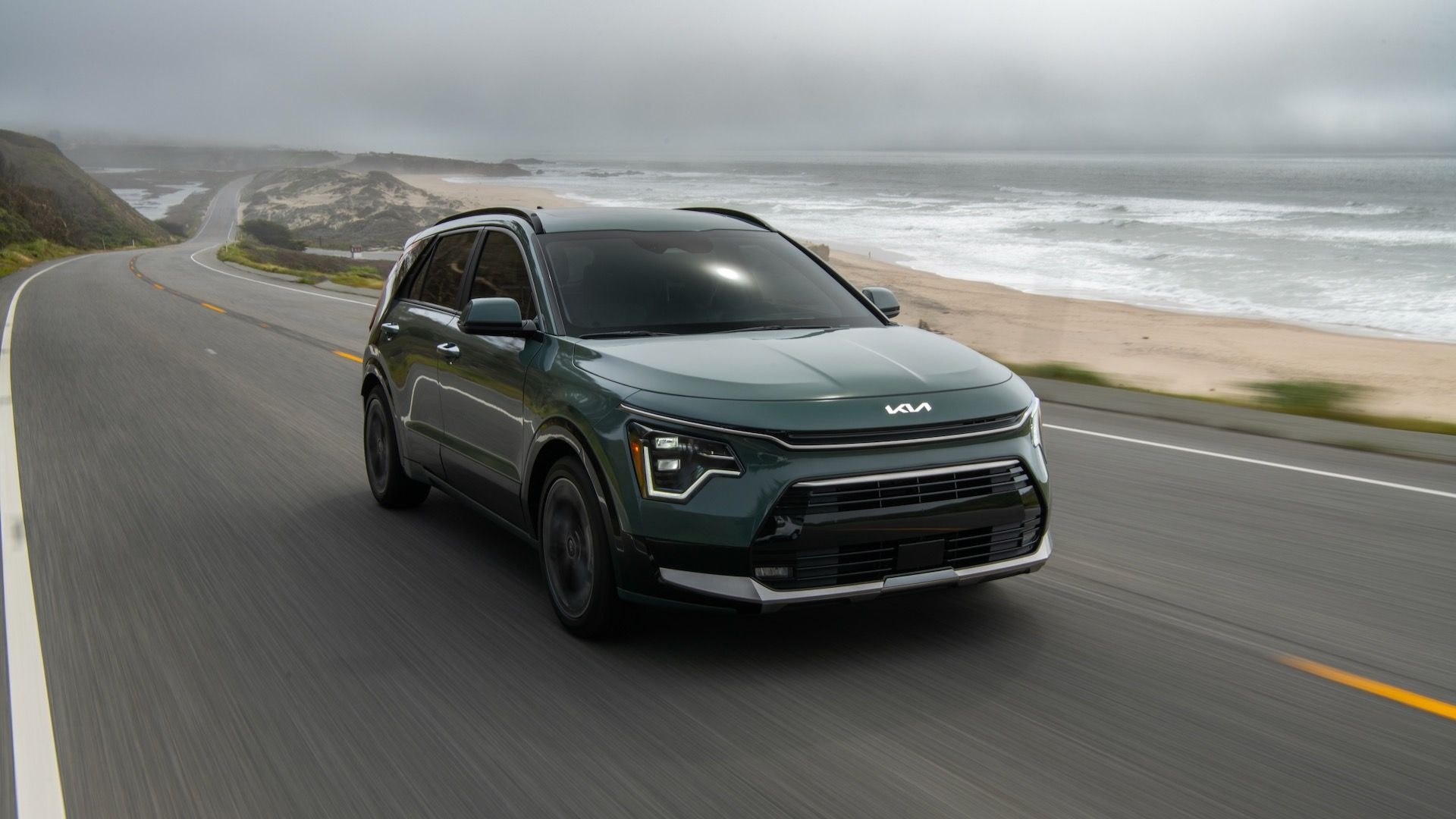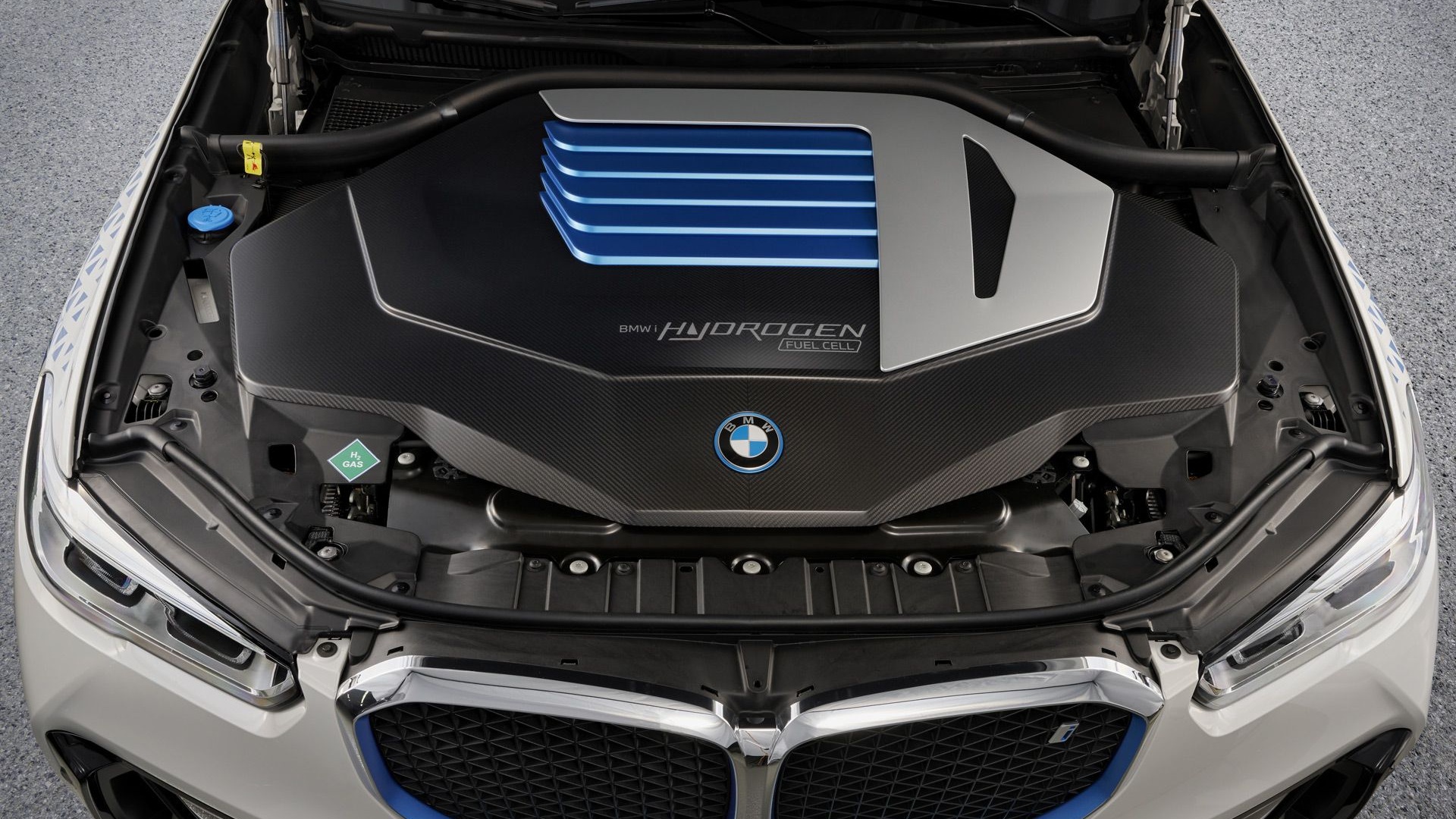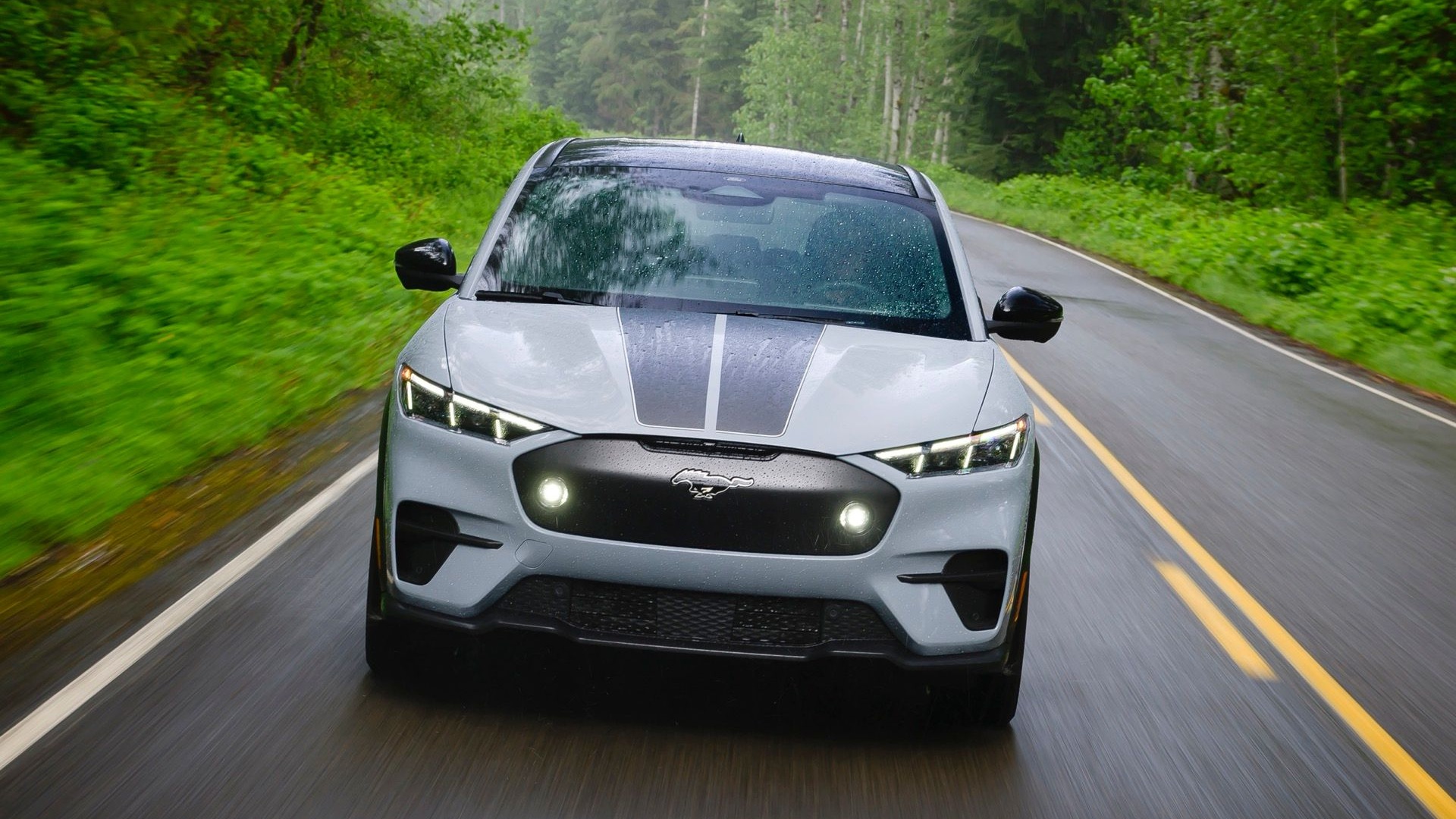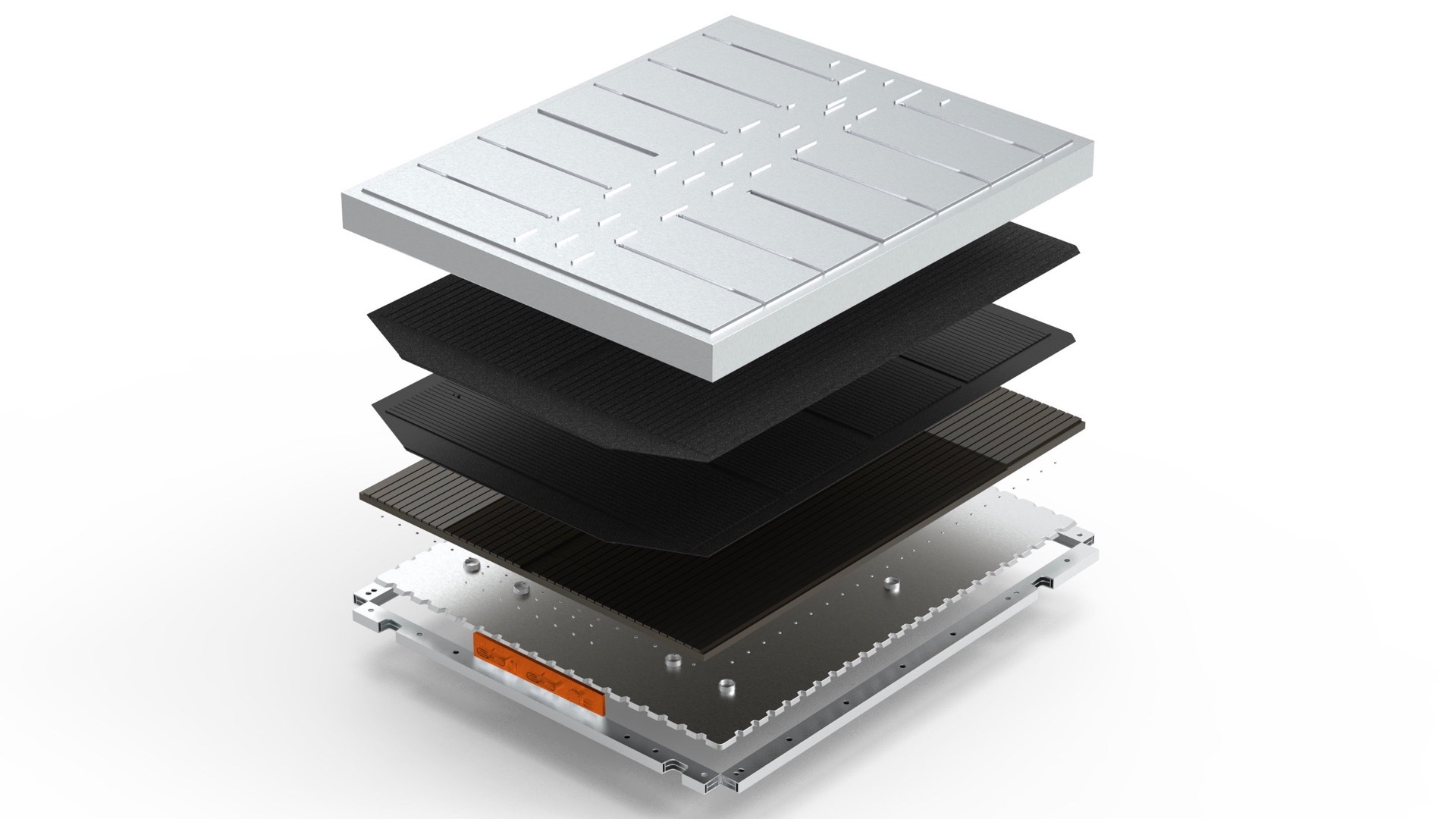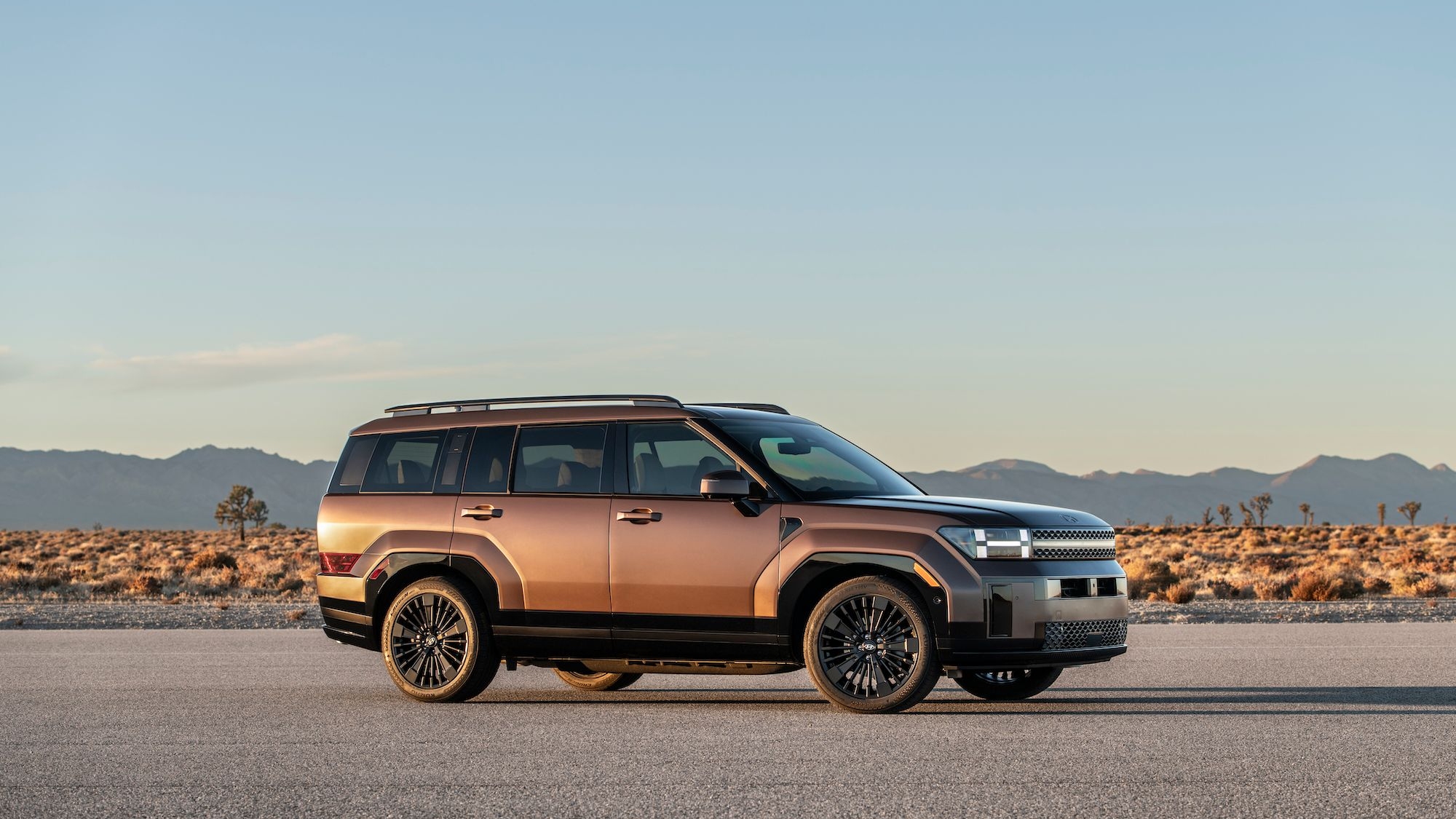- Used Taycan batteries are helping power Porsche's Leipzig factory in Germany
- The batteries are from pre-production vehicles that were used for testing
- Porsche said the batteries provide up to 5 megawatts of energy
After they've degraded too much for continued use in EVs, battery packs still have plenty of usable capacity for stationary energy storage. Porsche is giving some used Taycan batteries a second life doing just that.
The automaker on Tuesday announced that it's using an energy storage system consisting of 4,400 used Taycan battery modules to help power its factory in Leipzig, Germany. Taken from pre-production vehicles used in testing, the modules add up to 5 megawatts of capacity.
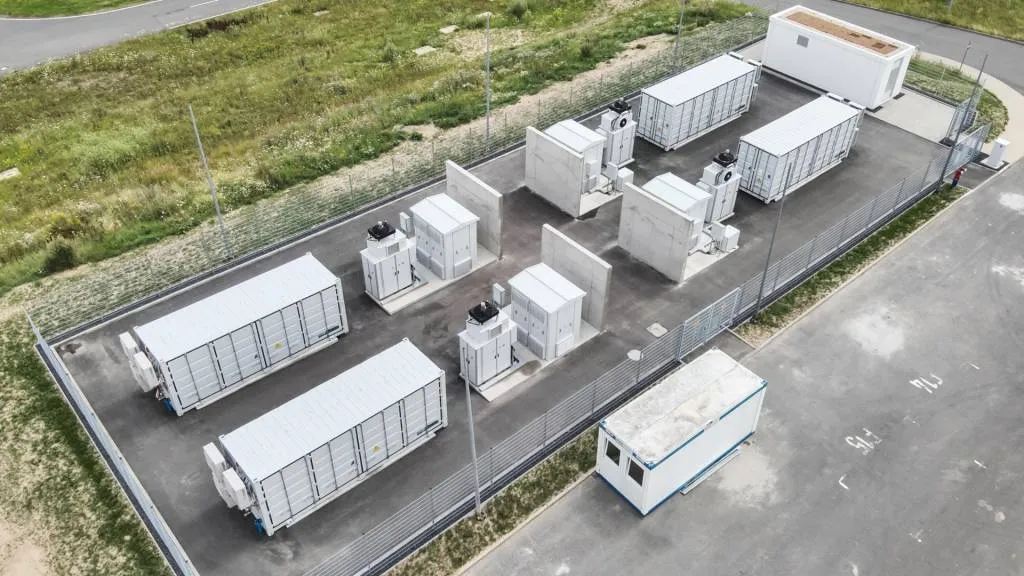
Energy storage system utilizing Porsche Taycan battery modules
"We wanted to create electricity storage capacities for the Leipzig plant in order to make the site even more economical and to increase its degree of self-sufficiency," Jonathan Dietrich, head of the battery-storage project, said in a statement. "So it was only logical to use batteries from Taycan preseries vehicles instead of recycling them."
Battery modules were installed into the energy-storage array without any technical changes, Porsche claims. They're divided into four containers, each connected to an inverter and transformer. The system is designed for a useful life of more than 10 years, and individual battery modules can be replaced as necessary.
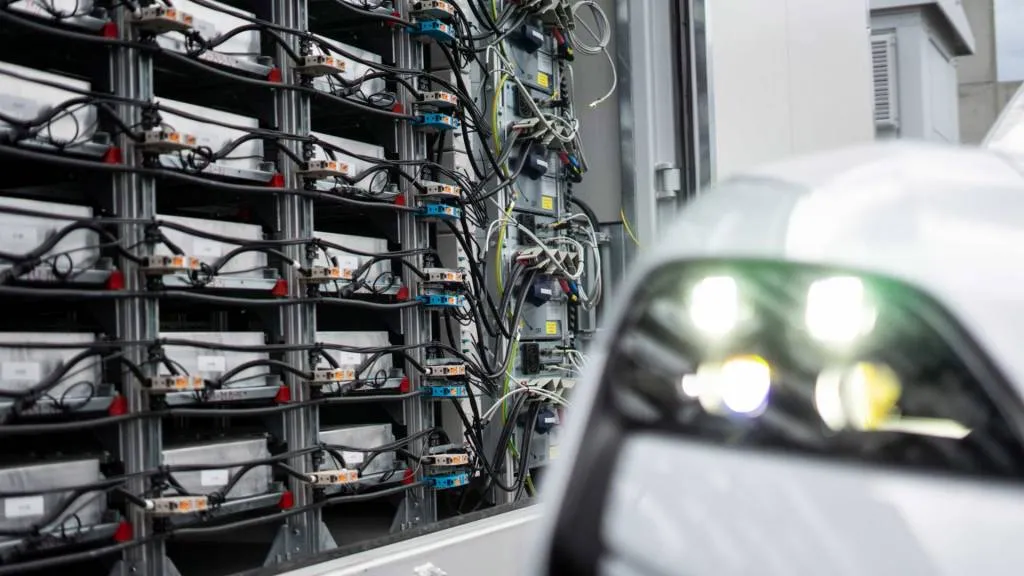
Energy storage system utilizing Porsche Taycan battery modules
The Taycan battery modules store power from an onsite solar array, which has a maximum capacity of 9.4 megawatts. Electricity can be stored for use during peak periods, helping to reduce strain on the grid by keeping electricity demand more consistent. Virtual power plants of EVs could also play a role in this, using vehicles themselves as an alternative energy source and reducing the need for burning fossil fuels.
Several other automakers have experimented with different second-life uses for EV batteries. In 2015 Nissan and General Motors demonstrated energy-storage systems using Leaf and Chevrolet Volt batteries, respectively, while Toyota turned Camry Hybrid battery packs into a power source for buildings at Yellowstone National Park. That said, there is also debate over whether reuse or recycling is the better option.
